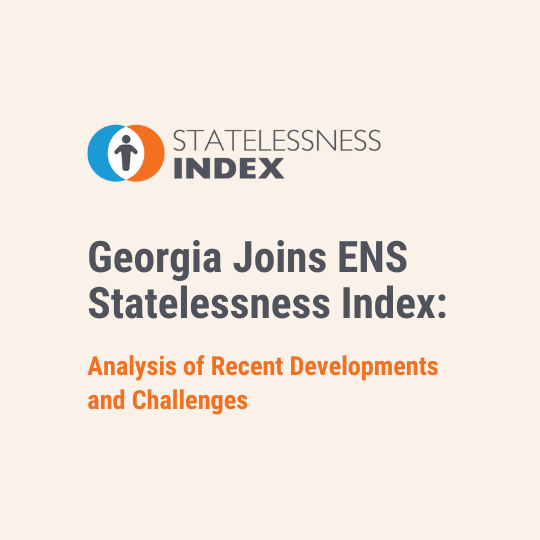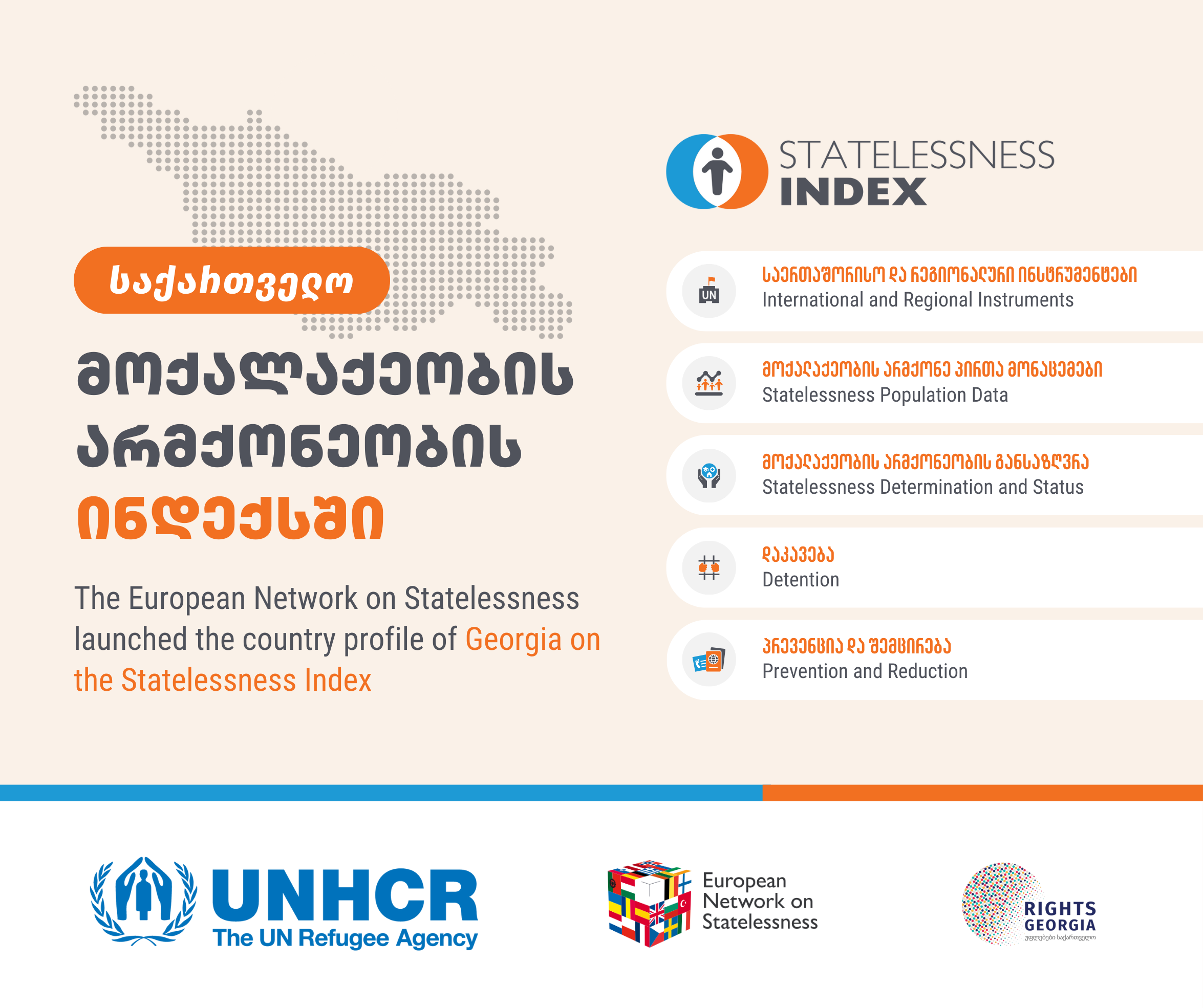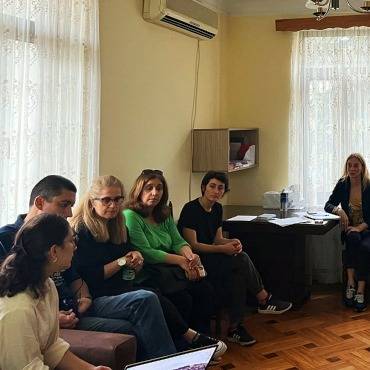Georgia was included in the European Network on Statelessness (ENS) Statelessness Index in January 2024, which marks a significant milestone in the country's journey towards addressing statelessness. This development provides an opportunity to examine Georgia's legal framework, judicial practice, and administrative approaches to statelessness determination. Recent court decisions and administrative practices have highlighted both the progress made and the challenges that remain in protecting stateless individuals and preventing statelessness within Georgia's borders.
Georgia’s legislative framework showcases significant advancements. The introduction of the statelessness determination procedure (SDP) in 2012 and its subsequent reforms highlight the country’s commitment to tackling statelessness. Moreover, the reduction of the naturalisation period to five years and the elimination of application fees demonstrate Georgia's growing recognition of the unique vulnerabilities faced by stateless persons, while the 2023 Statelessness Action Plan provides a comprehensive framework for future improvements.
Recent court decisions have addressed key issues in statelessness determination. The Supreme Court's 2023 ruling in F.A.R.J versus the Public Services Development Agency examined how security concerns should be weighed against family unity rights. The judgment critiqued the practice of using classified security information as grounds for denial without proper scrutiny and called for more detailed assessment of family circumstances in such cases.
Similarly, the Appeals Court case of M.A.S.A.J Jaber provided important clarification on how temporary travel documents should be evaluated in statelessness determination. The court established that possession of temporary documentation, such as certain types of passports, does not automatically equate to nationality rights - an interpretation that aligns with international standards on statelessness determination.
However, the analysis of administrative practices, particularly in cases involving minors, reveals concerning gaps between legislative intent and practical implementation. This case highlights the persistent challenges in the current system, especially regarding burden of proof requirements and the handling of vulnerable applicants. These implementation challenges are further complicated by the absence of state-funded legal aid and language barriers in the application process, which can create significant obstacles for the most vulnerable applicants seeking recognition of their statelessness status.
Looking forward, Georgia's progress in addressing statelessness will largely depend on its ability to bridge the gap between its progressive legislative framework and practical implementation. The country's inclusion in the ENS Statelessness Index provides a valuable opportunity for systematic evaluation and improvement of its practices against European standards. This development, combined with recent reforms and judicial precedents, positions Georgia to make further progress in protecting stateless individuals and preventing statelessness. Success will require continued commitment to reforming administrative practices, enhancing access to legal aid, and ensuring consistent application of judicial precedents across all levels of decision-making. The evolving framework for statelessness determination in Georgia thus stands at a crucial juncture, with the potential to serve as a model for other countries in the region while continuing to address its own remaining challenges.












